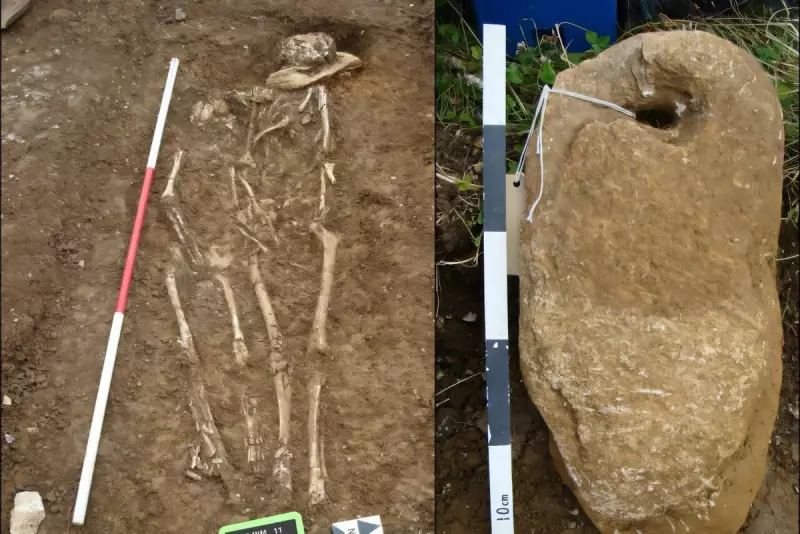
In a remarkable discovery, DNA analysis has revealed that individuals buried in medieval England had West African ancestry, challenging long-held assumptions about early migration patterns.
Unexpected Genetic Links
Researchers examining remains from sites in Kent and Dorset found genetic markers indicating African heritage dating back to the 13th century. This evidence suggests a more diverse medieval population than previously believed.
Key Findings:
- Multiple individuals showed clear genetic connections to West Africa
- The remains date between 1250-1450 AD
- Findings come from both urban and rural burial sites
Rewriting History
This discovery fundamentally alters our understanding of medieval England's population. "These results show that African heritage wasn't just present but integrated into English communities centuries earlier than we thought," explained the lead researcher.
Research Methodology
The team used advanced genomic sequencing techniques to analyze:
- Dental samples from 82 individuals
- Skeletal remains from 10 different sites
- Comparative DNA from modern populations
Implications for British History
This research provides compelling evidence that medieval England was more ethnically diverse than historical records suggest. The findings may prompt re-examination of other archaeological sites across Britain.
Future studies will focus on tracing migration routes and understanding how these individuals came to live in medieval English communities.





